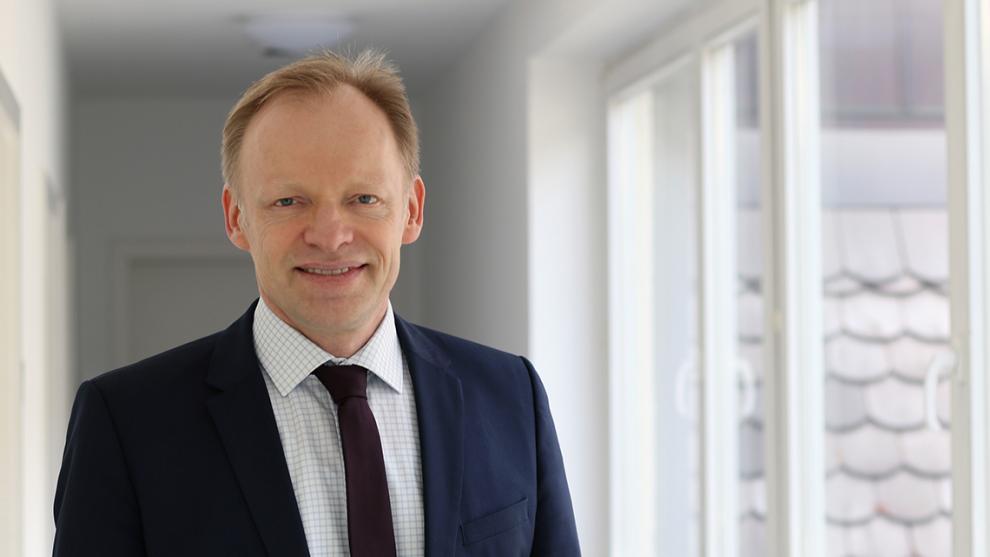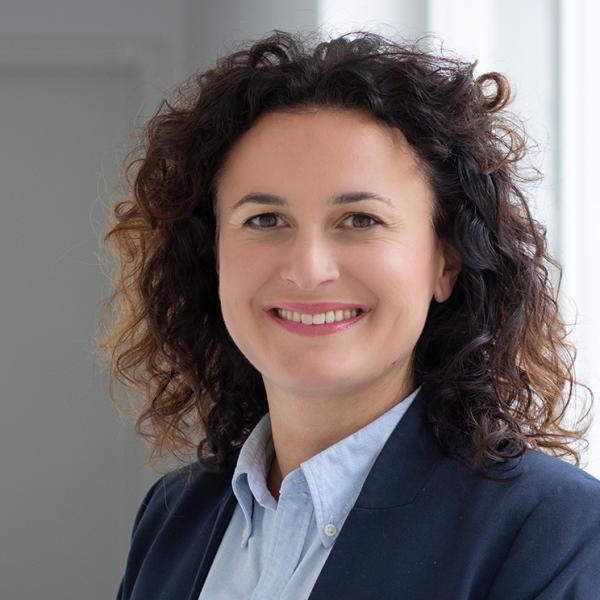ifo Media Center
The ifo Institute invites you to participate in the discussion of interesting economic topics via the Internet. In our ifo Media Center a whole series of remarkable events are available and can be viewed in full length. We also record selected speeches and presentations given by employees or at events and make them available in our Media Center.

EBDC Business Expectations Panel (2016)
10.7805/ebdc-bep-2016
EBDC Business Expectations Panel (2017)
10.7805/ebdc-bep-2017
EBDC Business Expectations Panel (2018)
10.7805/ebdc-bep-2018
Populism
For some years now, populism has been experiencing an upsurge not only in the United States but also in Europe. Witness the election of Donald Trump as US President, the government crisis in the UK, the gains of the Rassemblement National in France and the AfD in Germany, and the successes of the Lega and the Movimento Cinque Stelle in Italy.
EU Reforms
The European Union is a success story for Europe. However, the process of European unification has stalled. Economic development is diverging in some countries of the EU and dissatisfaction with the central institution is growing in many places. In addition, the EU is facing new and sometimes greater challenges today than it did a few years ago. The consequences of the euro crisis, the migration crisis, climate change, Brexit, and most recently, the coronavirus crisis require new approaches to solutions and have triggered sometimes intense debates about reforms and the future role of the EU.
Public Debt
As a result of the global financial crisis, debt levels in European economies have risen significantly: in the EU27, debt rose from 65.0 to 80.5 percent of GDP between 2008 and 2010, and to 86.6 percent by 2014. In the context of this rising public debt, some smaller and heavily indebted countries in Europe have come under increasing strain. In France, for example, public debt has since remained constant at over 95 percent, in Italy at over 130 percent, and in Greece at more than 180 percent of GDP.
Systems Competition
The third type of inter-system competition involves Western democracies competing with authoritarian forms of state capitalism that can be found in China, but also, in slightly different forms, in Russia and other smaller states like Vietnam.
Globalization
Globalization, or the continually increasing integration of the worldwide goods, labour and capital markets, presents great opportunities, but also comes with many perils. Appropriate economic policy framework conditions are required at a national and international level for the opportunities to lead to real benefits in terms of prosperity. Economists have always extolled the advantages of free trade.
Property Tax
In mid-June 2019, the coalition partners agreed on a compromise for the reform of property tax. Although it provides for uniform calculation of the tax nationwide based on the value of land and the average rent, it gives the Laender scope for individual options by means of a so-called flexibility clause. The new rules necessitate the amendment of the Basic Law: The federal government is to be given legislative power over property tax. The Bundesrat and Bundestag approved the amendment.
Income Tax
Germany needs a taxation system that satisfies the needs of both its citizens and its companies. In times of economic change, tax reforms remain on the agenda.
Public Finances
The debate on the composition of public finances in terms of revenue and expenditure is at the heart of the design of economic policy. Sound public finances are crucial not only for current development, but especially for the burden on future generations. How must public finances be structured so that the state can continue to fulfil its tasks in the future?
Digital Infrastructure
Successful creation of powerful digital infrastructure is critical to the future viability and competitiveness of the European Economic Area. The internet – in close connection with other forms of information technology – has by now become firmly established in today’s manufacturing industry under the heading “Industry 4.0.” German industry is in a good position to begin utilizing the potential of data-driven business models in the Internet of Things.
Digital Tax
They earn billions in the EU – but pay hardly any taxes: this is the accusation against internet giants like Apple, Google, and Facebook. A number of initiatives aim to hold them more accountable. Under the current system, a foreign business’s profits are taxed where that business has a permanent physical presence, what is known as a permanent establishment. In addition to the tax on profits, there is also sales tax, which is levied where a business generates its sales. Of course, these rules also apply to companies with digital business models.
Gender Economics
The debate on gender equality has many facets. From an economic perspective, participation in the labor market is an important factor for economic growth.
Inequality
Thomas Piketty’s book “Capital in the twenty-first century” which addressed questions of wealth distribution put its finger on the pulse of the times. Despite growing criticism of Piketty’s work, politicians, the media and economists have nevertheless pounced on the inequality debate since the publication of Piketty’s book. Many theories on this topic are discussed in the media; but which of them are true, and which are ill-founded?
Basic Security System
The German tax and transfer system is frequently criticized for being hostile to growth and incentives. International organizations such as the OECD regularly criticize the fact that people on low and moderate incomes in Germany have to shoulder too high a tax burden. Academic studies point out the problems in designing rules applicable to low incomes: The incentive to earn more is often wiped out by rules on how much of the additional gross income goes toward reducing the Hartz IV benefits and other benefits received. Currently, Hartz IV recipients are allowed to earn 100 euros per month without it having any impact on their benefit. People in marginal part-time employment, however, have very little financial incentive to increase their gross income. If they earn an additional 100 euros, they only get to keep 20 euros of it. In some areas a person's net income does not increase at all with the additional income they earn, and in other areas it even decreases.
Eastern Germany
30 years after the reunification a positive balance can be drawn. The economic “reconstruction of the East” has largely been completed. Driven by politics and supported by private investment, productivity and wages have risen sharply in the new Länder over the past 30 years.




